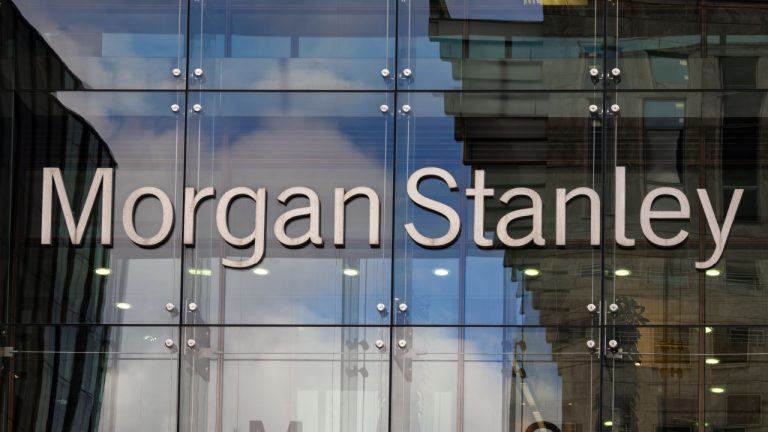
Bank of Israel deputy governor Andrew Abir is eager for the digital shekel to shake up commercial banks.
While the impact of central bank digital currency (CBDC) on commercial banks has often been seen as a source of concern, Bank of Israel deputy governor Andrew Abir took a contrarian view in a speech published on the central bank’s website. Let the banks scramble to compete, he said, in essence.
Years of effort to increase competition in the Israeli banking sector have paid off in a variety of ways, but “we still have a long way to go,” Abir said. As the Bank of Israel raised interest rates to combat inflation, banks raised interest rates on credit, but the rise in deposit rates was “partial and slow.” He added:
The design of the digital shekel includes an option to pay interest on it. Abir confidently declared that the digital shekel, which is still in its planning stages, would enjoy public support:










